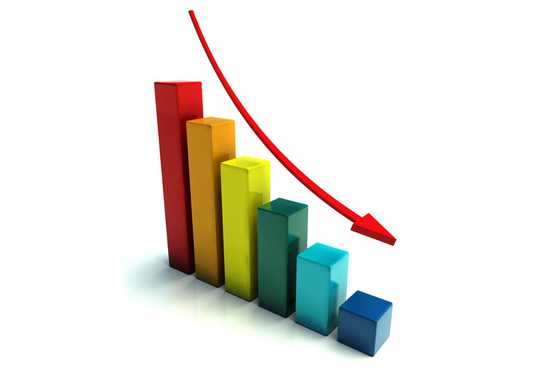With growth projected to drop to -3.3 percent in 2020, the economy of the sub-Saharan Africa zone, bogged down by the effects of the Covid-19 pandemic, should experience its first economic recession in 25 years, according to the latest Report “Africa’s Pulse: Charting the path for economic recovery”, sent to APA on Thursday.
The significant slowdown in economic activity is expected to cost the region at least US$ 115 million in lost production. And we expect a 6-percent decline in gross domestic product per capita, driven in particular by the drop in domestic consumption and investment, resulting from the confinement measures put in place to curb the spread of the coronavirus, the document says.
It also explains that the decline in growth has been particularly marked for metal-exporting countries, for which real GDP is expected to contract by 6 percent, partly reflecting the significant drop in production in South Africa. While for oil-exporting countries, after reaching a growth of 1.5 percent in 2019, real GDP is expected to decline by more than 4 percentage points in 2020, due to the decline in growth in Angola and Nigeria.
On the other hand, the report indicates, countries whose economy does not depend primarily on natural resources, are expected to show only a moderate decline in their growth in 2020. However, the economies that depend on tourism, in particular Cape Verde, Mauritius and Seychelles, have experienced a sharp contraction in their economy, the service sector being strongly affected by the drastic drop in international tourism.
So to trigger the recovery of the economy, the Africa’s Pulse Report suggests substantial investments on the part of the countries of the region and recourse to financial support from the international community.
“The road to economic recovery will be long and difficult, but it can be fast-tracked, solid and more inclusive if African countries prioritize reforms and investment that will meet the challenge of creating more inclusive jobs and of better quality ”, the World Bank’s Chief Economist for Africa, Albert Zeufack explains.
ARD/cgd/fss/abj/APA


